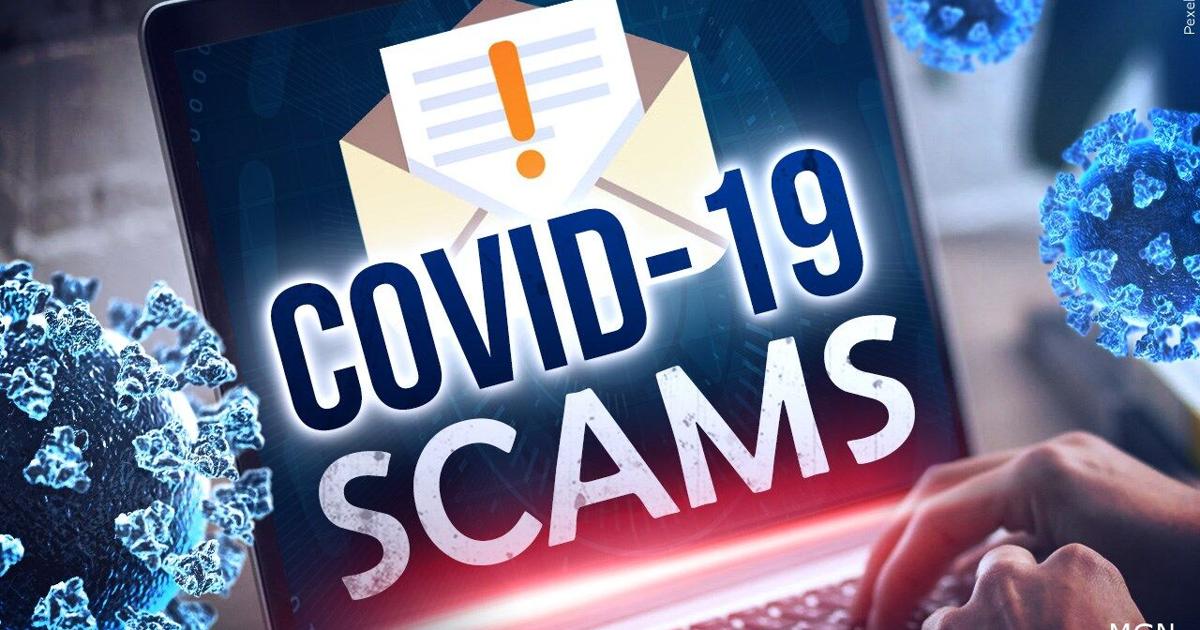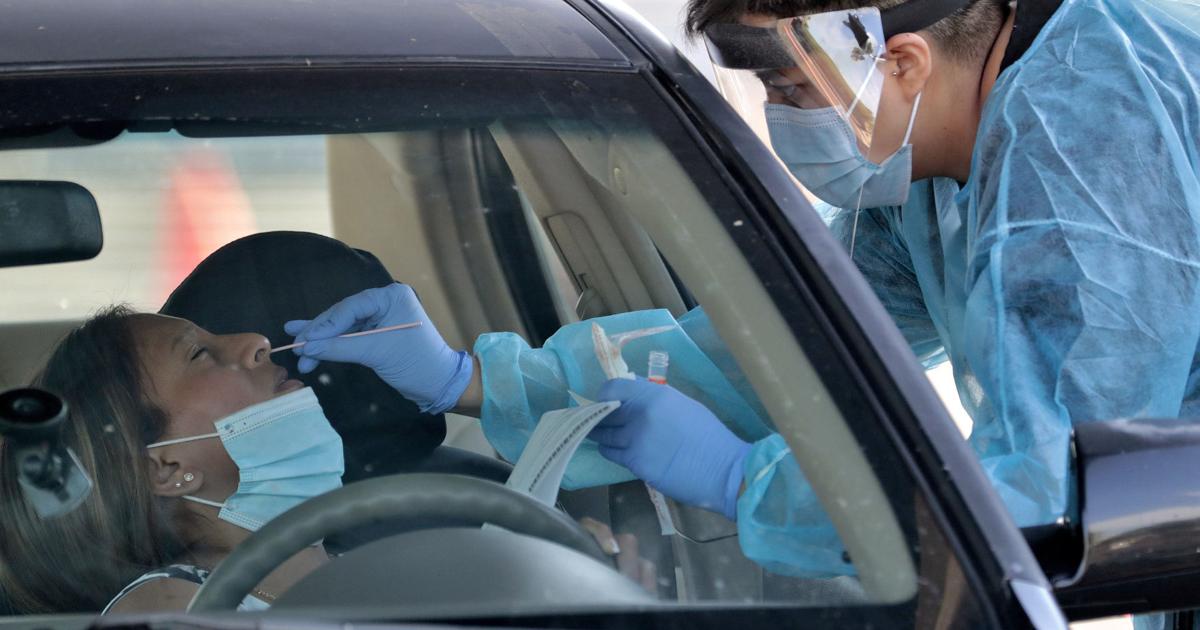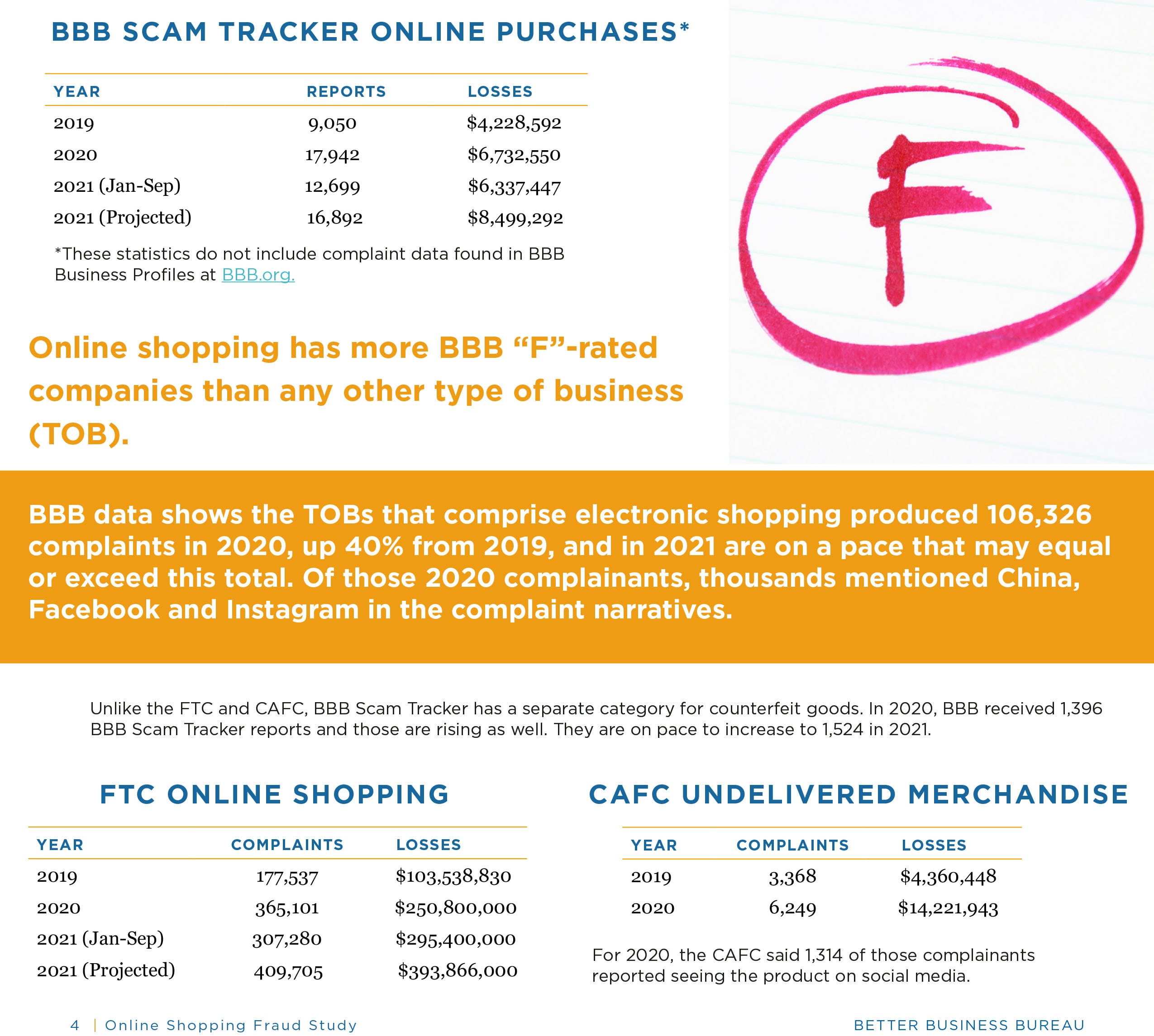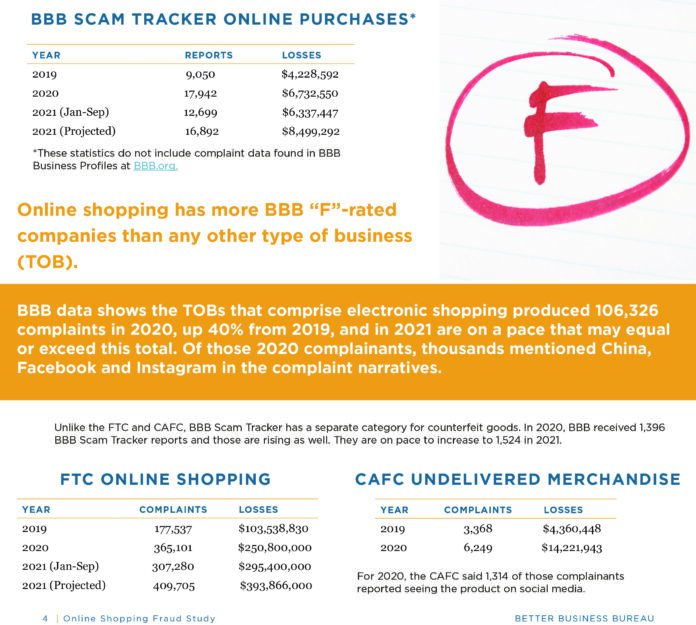Milwaukee – This winter’s spike in COVID-19 cases has more people than ever looking for tests. This has given rise to a new scam: phony websites and suspicious in-person testing sites used to collect personal and insurance information.
Several websites appear after an online search for a COVID-19 testing site in your area, and a testing clinic affiliated with a local pharmacy or a pop-up run by a local group is selected.
In one version of this scam, you arrive at the testing site and are asked to complete a form with personal information, your driver’s license, and medical insurance cards are photographed. Then, a swab is done and a promise is made that test results will arrive within a short time. Unfortunately, the test is fake and the results never arrive. It was an excuse to get your information.
In another version of this con, you complete an online






